It can be disheartening to see your once vibrantly green lawn turn brown. There are various reasons that could cause its discoloration, such as dehydration. Your lawn needs enough water to stay lush and green, and a lack of it will cause your grass to wilt and turn brown. Overfertilization could also be the reason behind your brown lawn. The excess salts from the fertilizer will draw out moisture from the grass blades and burn them. Your lawn in Ohio can also be brown because of a disease. Common diseases like brown patch and dollar spot can cause your lawn to have patches of brown grass. If you're dealing with a brown lawn, it's important to determine the cause so you can take the necessary steps to remedy it.
Your lawn may be turning brown due to dehydration.
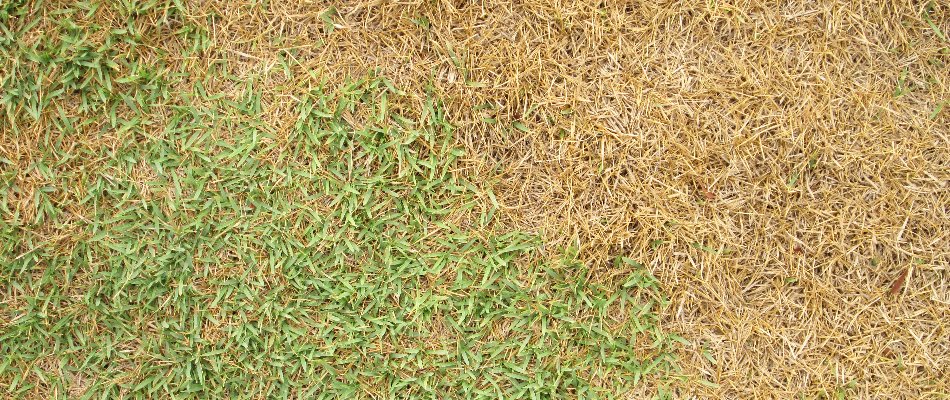
One of the most common reasons why lawns turn brown is that they aren't receiving enough water. This is especially common during the hot summer months when the sun beats down on your grass and dries it out. Grass blades need enough moisture to stay upright and green, and a lack of it will make them wilt, brittle, and brown.
If you suspect that your lawn is turning brown due to dehydration, you'll want to start watering it more frequently. A brown lawn caused by dehydration will recover when given an adequate amount of hydration. However, you'll want to make sure that you're watering your lawn deeply and infrequently rather than shallowly and frequently. This will encourage your grass to grow deep roots, which will help it stay hydrated even during periods of drought.
Overfertilization can cause your lawn to turn brown.
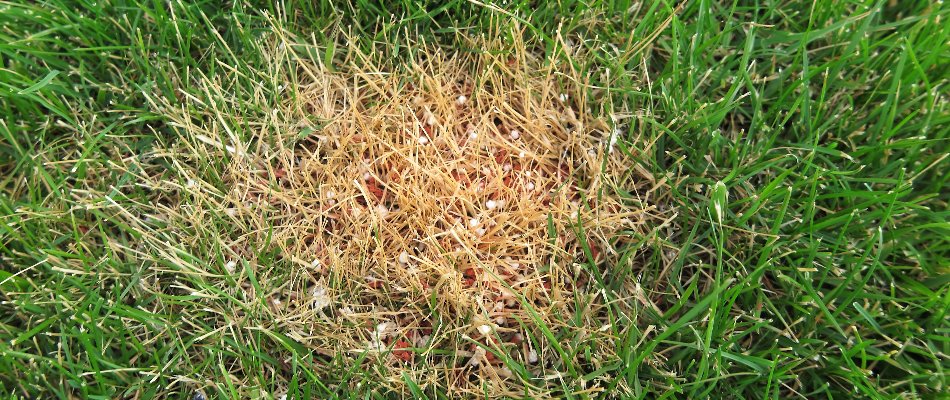
Fertilizer is an important part of maintaining a healthy lawn. It provides the nutrients it needs to grow healthy, lush, and green, but applying too much can do it more harm than good. Overfertilization can quickly turn your verdant grass into a dull brown. This happens because the excess nutrient and salt content from the fertilizer overwhelms your grass.
The nutrient and salt surplus from the fertilizer will draw water away from the roots of your grass. This means overfertilization essentially dehydrates your lawn, leading to a scorched appearance called fertilizer burn. If you suspect your lawn has been overfertilized, you'll want to stop fertilizing it immediately. It's also important to start watering your lawn more frequently to help flush out any excess fertilizer that's still in the soil.
Your lawn could be turning brown due to a lawn disease.
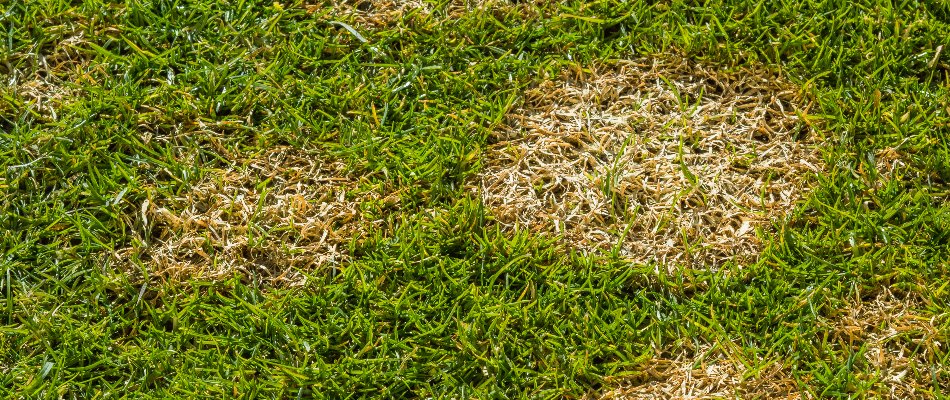
Another possible reason why your lawn is turning brown is because of a lawn disease. There are several different types of lawn diseases that can cause your grass to turn brown, such as brown patch and dollar spot. Lawn diseases like these are caused by fungal pathogens that become active when the conditions are right. There are many causes why these diseases thrive, like watering too often and exposing the grass to prolonged and excessive moisture.
If you suspect that your lawn is turning brown due to a lawn disease, you'll want to contact a lawn care professional to diagnose the problem. They will pinpoint which disease is causing your lawn to turn brown, apply the appropriate treatment, and develop a care plan to help it recover.
Give us a call today to schedule our lawn care services.
A brown lawn can be frustrating, but we'll help you address it with our professional lawn care services. If your lawn is dehydrated, we'll help you understand how to water it properly and allow it to grow green again. We also offer a lawn fertilization service that will ensure your grass receives the right amount of fertilizer and a lawn disease control service to address any fungal issues that have stricken your turf.
Our professionals provide these services to homeowners and business owners, along with HOAs, in Delaware, Lewis Center, Powell, and throughout the surrounding areas in Ohio. Give us a call today at (740) 318-5296 to schedule any of our services!

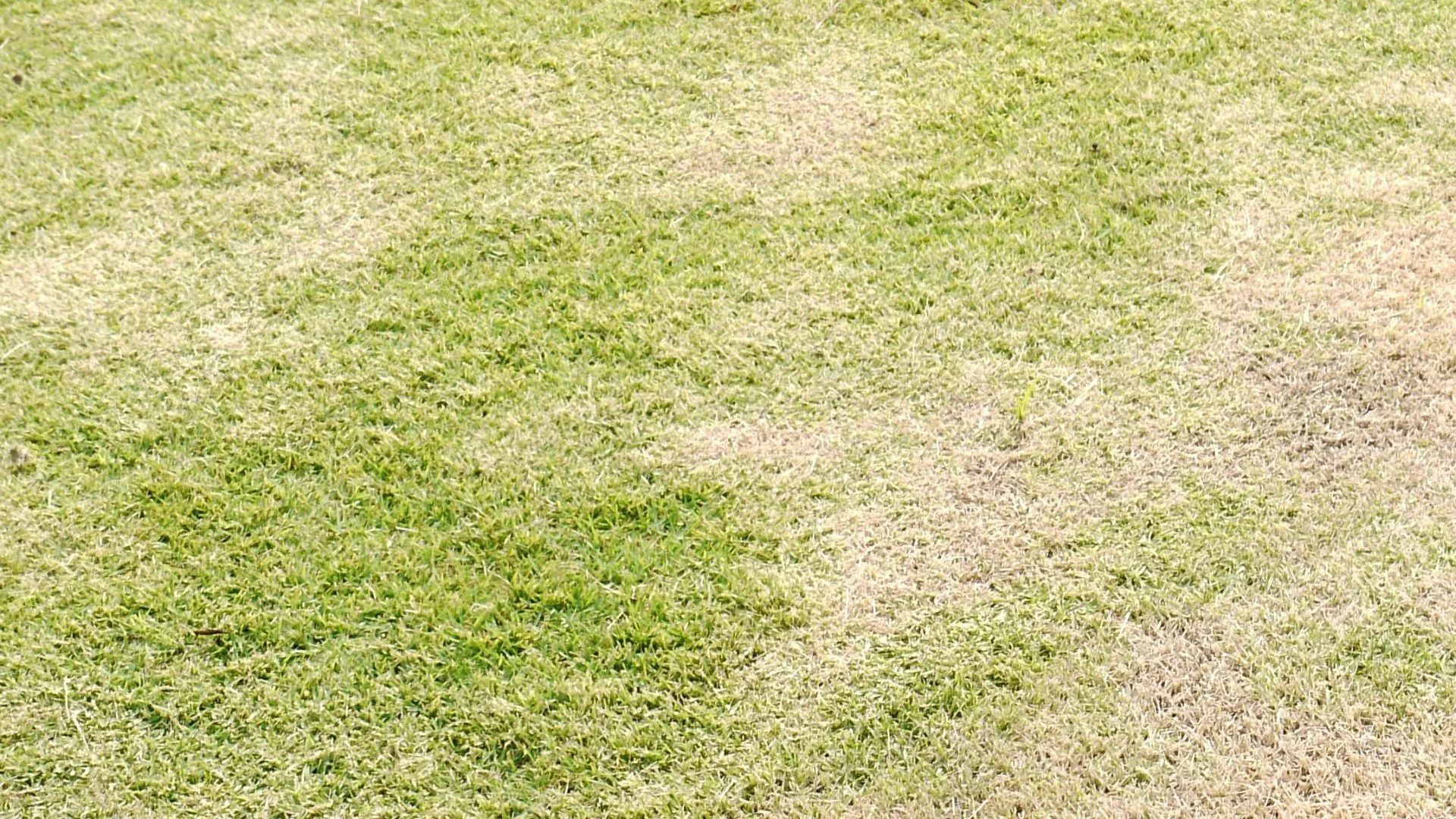
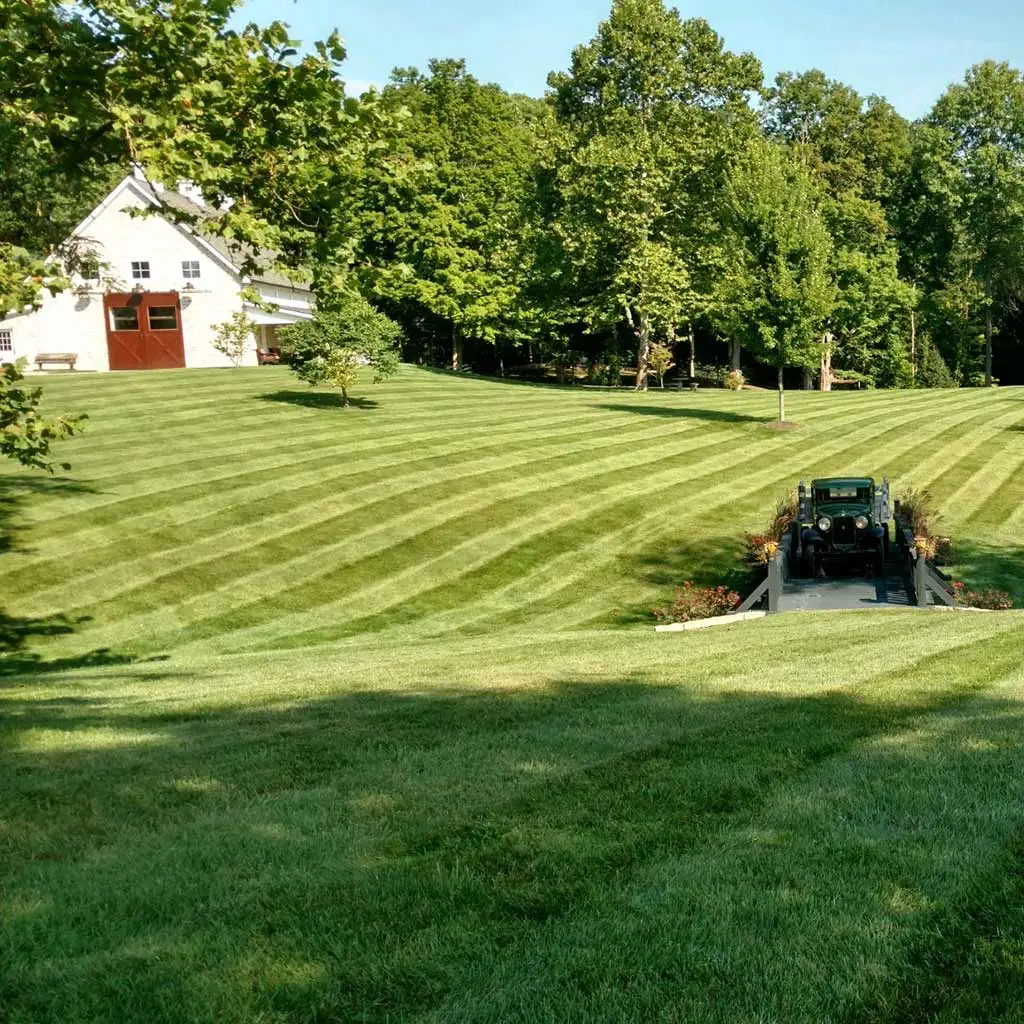

Comments (0)
Thanks for your comment!
Thanks for your feedback! Your comments have been successfully submitted! Please note, all comments require admin approval prior to display.
Error submitting comment!
There is a problem with your comment, please see below and try again.